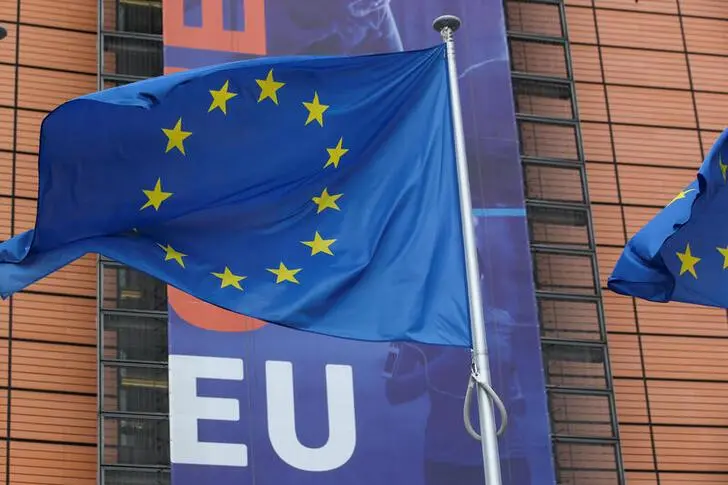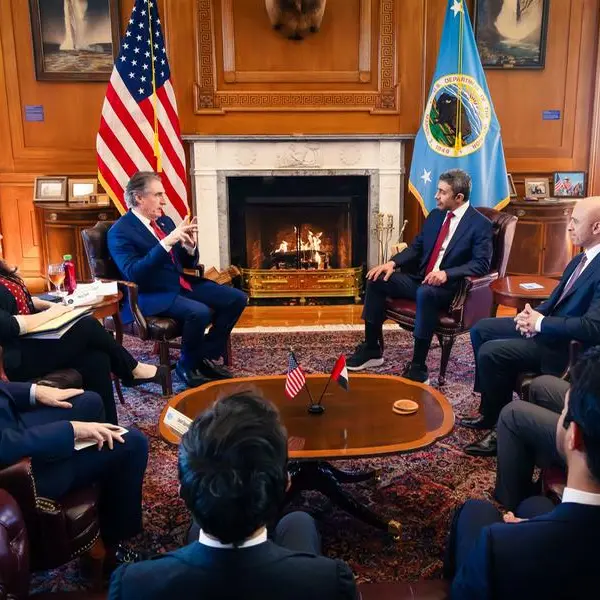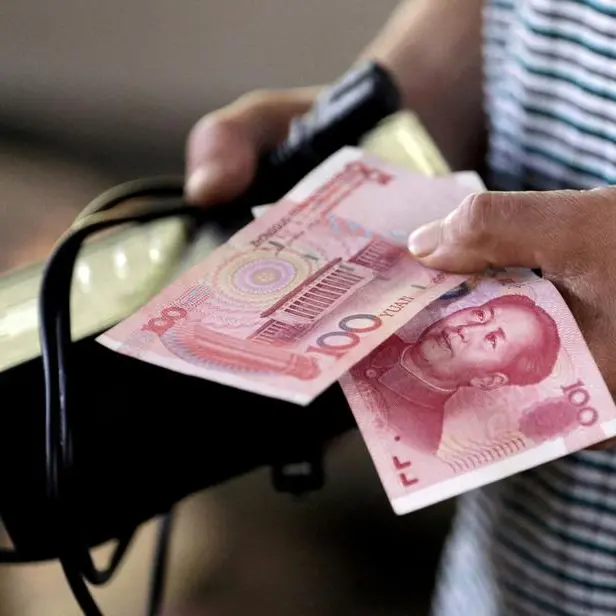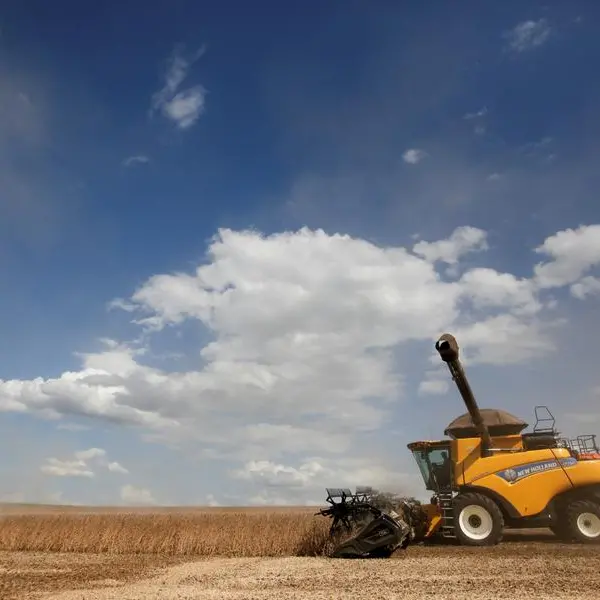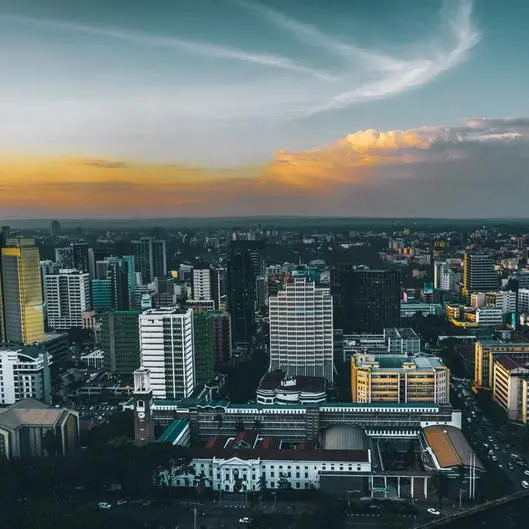PHOTO
During a recent visit to Brussels, it became clear to me that Europe is preoccupied with threats to its security. Europe faces two security dilemmas: The first includes the effects of emerging threats associated with climate change, energy and COVID-19, while the second is how to deal with the conventional threats from Russia and China.
A few years ago, a group of European experts wrote: “Security in the European Union is an increasingly complex problem, with the specter of disintegration looming over the eurozone and the threat of terrorism, insecurity and the long-term sustainability of food supply and fresh water reaching levels of crisis.” In their seminal work, “The European Union: Facing the Challenge of Multiple Security Threats,” the authors (Antonina Engelbrekt, Anna Michalski, Niklas Nilsson and Lars Oxelheim) discussed these multiple security challenges and the impact of global developments on the EU, including migration crises, the strained relationship with Russia and changes in EU-US ties.
Since this book came out in 2018, the EU’s security woes have increased on several fronts. They are intensifying in part because Europe is adopting new environmental policies and phasing out conventional energy sources, such as nuclear and coal, which has led to serious shortages as the alternatives are not produced in adequate quantities to plug the gap.
Security threats have also grown at a time when Europe is exploring the idea of “strategic autonomy,” which entails reducing the role of NATO. However, developing alternatives to the security umbrella provided by the US and NATO would take a long time, which Europe does not have.
Ensuring energy independence will also take some time. The EU countries’ growing dependence on a limited number of energy suppliers has led to them repeatedly declaring the adoption of a new strategy aimed at diversifying supply sources, in addition to increasing reliance on renewable energies, but more work needs to be done to develop renewables.
Despite considerable efforts to diversify its energy sources, the current crisis underlines Europe’s continued reliance on imported supplies. The EU’s energy dependency rate exceeds 60 percent on average and reaches up to 90 percent in some of its member states. Oil accounts for 66 percent of the EU’s energy imports, followed by gas (27 percent). Divestment from nuclear energy and coal in Germany, Europe’s largest energy consumer, is increasing dependency on imports, as the development of renewables lags behind demand.
The EU’s energy dependency not only threatens the stability of energy supplies and prices, but also limits Europe’s options in dealing with important foreign policy issues, while creating discord among its members.
France assumed the EU’s rotating presidency at the beginning of the year and President Emmanuel Macron last week spelled out his priorities for the next six months. In a speech in Strasbourg, Macron reiterated his call for a more autonomous and sovereign EU, saying that Europe needs to set up its own security framework and that it cannot be satisfied with only reacting to international crises. “In the next months, we should come up with a European proposal, building a new order of security and stability, we must build it among Europeans, then share it with our allies in NATO and then propose it to negotiation with Russia,” Macron said. He promised to push ahead with an EU rapid reaction force to defend its external borders and “battle against illegal migration.”
French Foreign Minister Jean-Yves Le Drian echoed Macron’s security autonomy proposals, saying: “We need to make proposals aimed at building a new security and stability system in keeping with our collective security interests.” While in Berlin last Thursday, Le Drian softened that proposal by referring positively to NATO. “We need to encourage a collective, united transatlantic path of dialogue in which the Europeans shoulder all their responsibilities and take their full place along with their NATO allies on an issue that directly relates to their own security,” he said.
The EU-Russia impasse over Ukraine and gas supplies highlights both Europe’s conventional and new security dilemmas and is prompting many to revisit its security policy options, starting with repairing traditional alliances and partnerships frayed by neglect, policy disputes and fiery rhetoric. For example, talk of strategic autonomy should be tempered, at least temporarily, lest it leads to weakening Europe’s security blanket — NATO and the US. Similarly, talk of the scabs of Brexit should not prevent the EU and the UK from cooperating on security.
The Gulf Cooperation Council countries share some of Europe’s security concerns and their joint partnership could address those concerns more effectively. For example, both sides are concerned about the security of energy supplies. The Gulf region is home to about 50 percent of global oil reserves, production and exports and a significant share of gas too. It can help Europe deal with the current shortages and rising prices. On the other hand, if Gulf energy supplies were disrupted, as Iran and its regional proxies have threatened, energy supplies and prices will be affected around the world, including Europe, making matters worse.
Europe and the Gulf consider combating terrorism, human trafficking, illegal migration and cyberattacks as top priorities and could benefit from joint action between the two regions. Similarly, greater cooperation could help address regional crises that affect them both, including the Palestine conflict, Syria, Lebanon, Libya, Iraq, Yemen and Afghanistan. Red Sea maritime security is also a rising concern for both sides; they need to coordinate their efforts regarding the security of water passageways and shipping lanes, arms smuggling, human trafficking and organized crime.
At times, there may be different priorities for Europe and its traditional partners in the Gulf, but regular dialogue could help align those priorities and allow them to work in unison on issues they agree on.
- Dr. Abdel Aziz Aluwaisheg is the GCC Assistant Secretary-General for Political Affairs & Negotiation, and a columnist for Arab News. The views expressed in this piece are personal and do not necessarily represent GCC views. Twitter: @abuhamad1
Copyright: Arab News © 2022 All rights reserved. Provided by SyndiGate Media Inc. (Syndigate.info).
